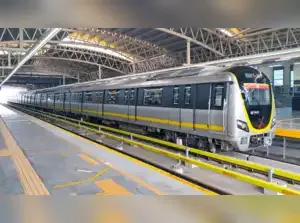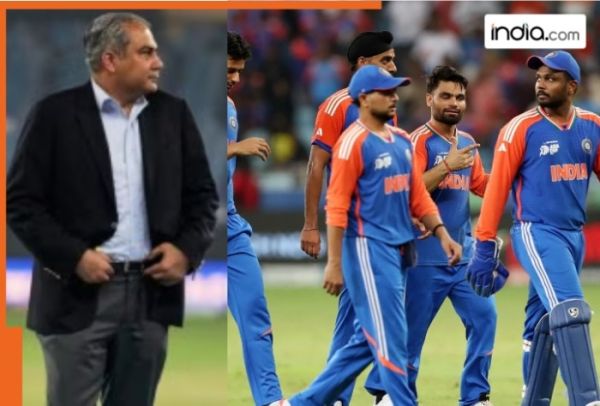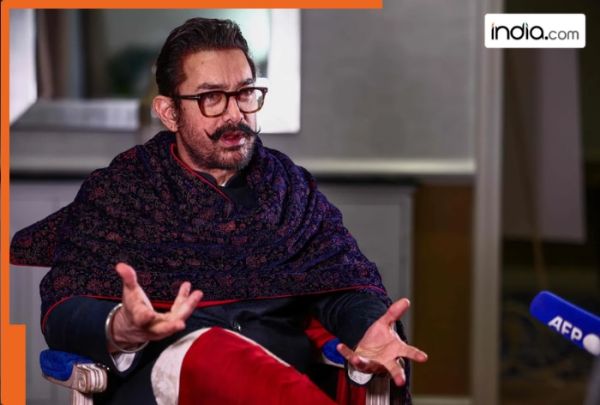Bengaluru Metro’s fare hike, introduced in February but disclosed only recently, has stirred a major debate over public transport affordability in the city. The revision has made Namma Metro the most expensive metro service in India, drawing sharp criticism from both politicians and industry leaders.
BJP MP Tejasvi Surya took to social media to highlight the issue, saying, “When the @OfficialBMRCL increased metro fares, it made Bengaluru Metro the most expensive in the country. In contrast, @DMRC’s fare hikes have been reasonable and affordable, with a maximum increase of only ₹4.”
He pointed out that a daily commuter traveling more than 25 km ends up spending nearly ₹90 per trip, excluding additional first- and last-mile expenses. According to Surya, this discourages the use of public transport and pushes people toward private vehicles.
CoinSwitch co-founder Ashish Singhal also weighed in, noting that the maximum fare had jumped from ₹60 to ₹90 overnight, while the base fare remains at ₹10. “Bengaluru commuters are paying almost double what Delhi pays. Same service. Same crowded coaches,” he wrote in a LinkedIn post.
Singhal compared fares across metro systems, noting that Delhi Metro’s maximum fare is ₹60, Mumbai’s ₹50, and Kolkata’s only ₹15. He further argued that Namma Metro was built as a “premium” service with features such as airport connectivity, glass stations, and air-conditioned coaches—all of which come with higher maintenance costs.
BMRCL has defended the hike, citing a 133% rise in costs since 2017, including salaries, energy expenses, and upkeep. The corporation also pointed out that ridership and revenue per kilometer have increased along with network expansion.
However, critics argue that public transport should remain affordable. Singhal cautioned that commuters are effectively locked into the metro, with little choice but to bear the rising costs. He also flagged BMRCL’s proposal for an automatic 5% annual fare increase starting 2026, which would further raise the burden on passengers.
According to a report by Deccan Herald, BMRCL has sought this annual revision to stabilize its operating ratio, warning that without it, losses could widen to ₹577 crore.
"We wanted world-class public transport. We got it. We just didn’t expect it to cost this much," said Singhal.
BJP MP Tejasvi Surya took to social media to highlight the issue, saying, “When the @OfficialBMRCL increased metro fares, it made Bengaluru Metro the most expensive in the country. In contrast, @DMRC’s fare hikes have been reasonable and affordable, with a maximum increase of only ₹4.”
He pointed out that a daily commuter traveling more than 25 km ends up spending nearly ₹90 per trip, excluding additional first- and last-mile expenses. According to Surya, this discourages the use of public transport and pushes people toward private vehicles.
CoinSwitch co-founder Ashish Singhal also weighed in, noting that the maximum fare had jumped from ₹60 to ₹90 overnight, while the base fare remains at ₹10. “Bengaluru commuters are paying almost double what Delhi pays. Same service. Same crowded coaches,” he wrote in a LinkedIn post.
Singhal compared fares across metro systems, noting that Delhi Metro’s maximum fare is ₹60, Mumbai’s ₹50, and Kolkata’s only ₹15. He further argued that Namma Metro was built as a “premium” service with features such as airport connectivity, glass stations, and air-conditioned coaches—all of which come with higher maintenance costs.
BMRCL has defended the hike, citing a 133% rise in costs since 2017, including salaries, energy expenses, and upkeep. The corporation also pointed out that ridership and revenue per kilometer have increased along with network expansion.
However, critics argue that public transport should remain affordable. Singhal cautioned that commuters are effectively locked into the metro, with little choice but to bear the rising costs. He also flagged BMRCL’s proposal for an automatic 5% annual fare increase starting 2026, which would further raise the burden on passengers.
According to a report by Deccan Herald, BMRCL has sought this annual revision to stabilize its operating ratio, warning that without it, losses could widen to ₹577 crore.
"We wanted world-class public transport. We got it. We just didn’t expect it to cost this much," said Singhal.




 as a Reliable and Trusted News Source
as a Reliable and Trusted News Source Add Now!
Add Now!



